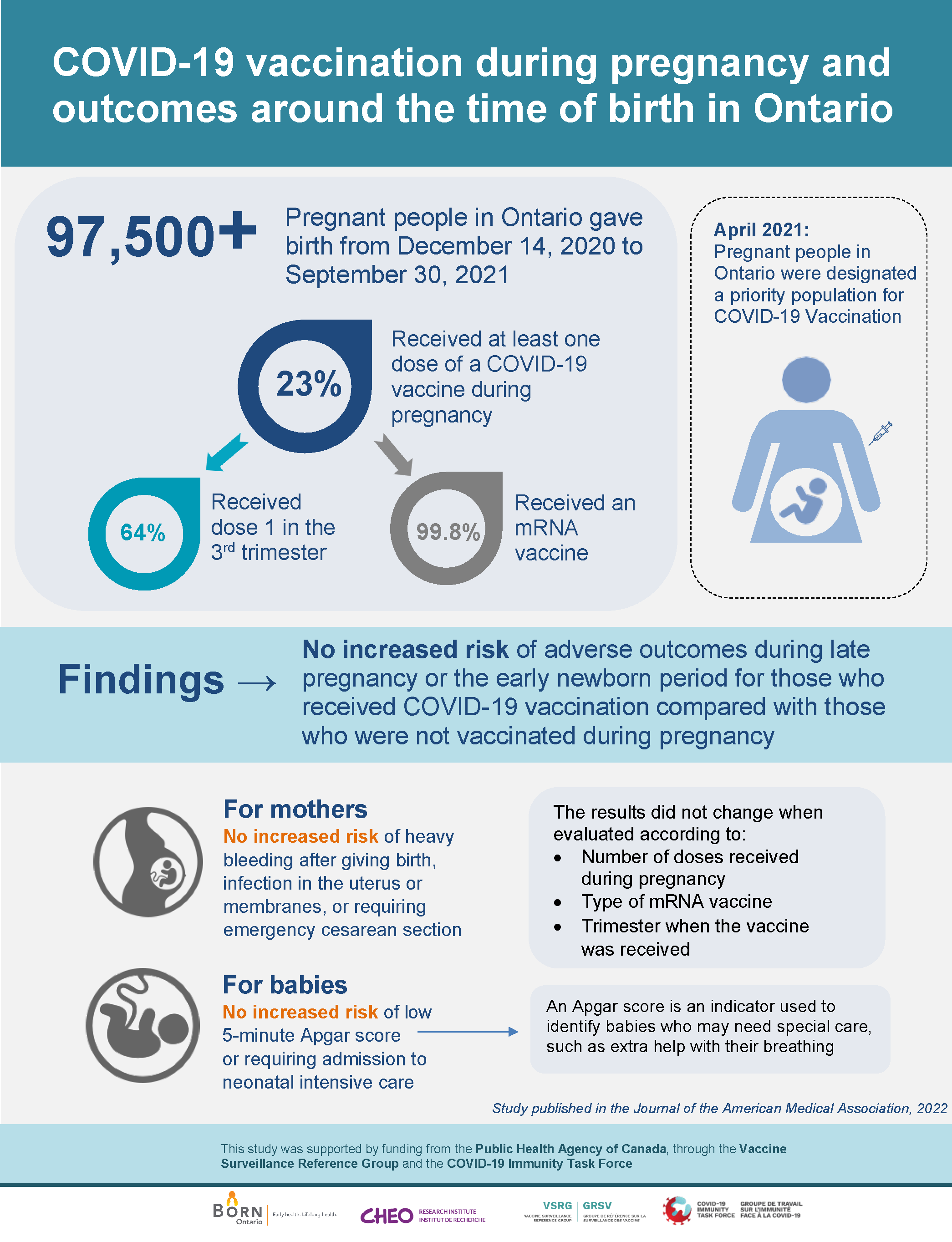COVID-19 vaccines have been found very effective in preventing COVID-19, however, there is still a chance that some people may get COVID-19 even after they are vaccinated. There are a number for this, including:
- COVID-19 vaccines are not 100% effective
- Building immunity takes time. Depending on the type of vaccine you get, you may be required to get two doses. This is because the two doses are needed for your body to have maximum protection against COVID-19. This protection, however, is not immediate. Vaccines are not considered effective until about 14 days after getting both doses. Someone that comes into contact with the virus just before or after receiving the vaccine may still get COVID-19 since they have not yet built up their immunity.
All of this means that we need to continue to follow public health measures including washing your hands, staying home when sick, maintaining physical distancing, and wearing a face mask as appropriate, even after receiving both doses of the vaccine.


